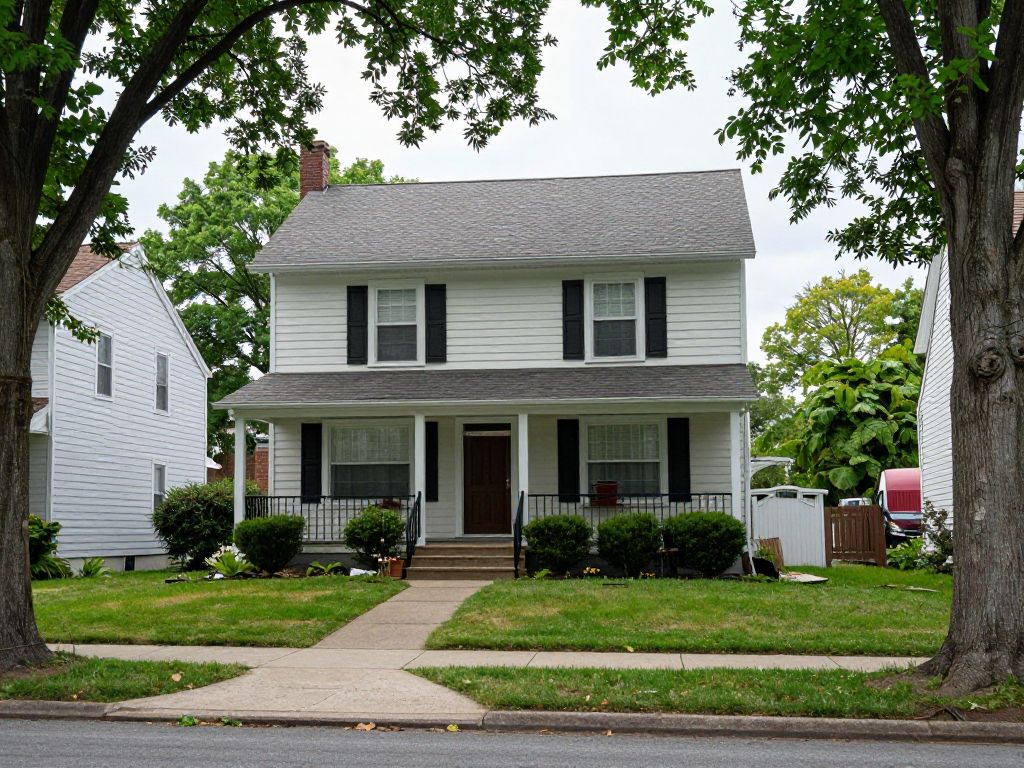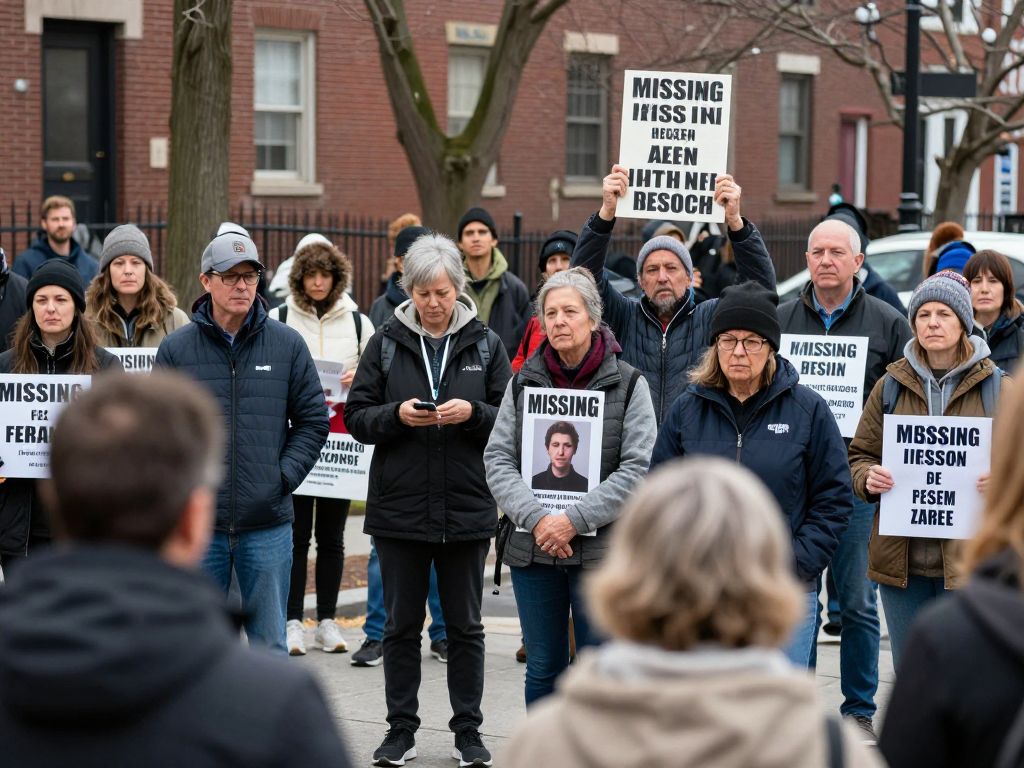Boston, September 16, 2025
News Summary
Boston is considering zoning changes that could permit building heights up to 700 feet in parts of downtown as part of the ‘Plan: Downtown’ initiative. Mayor Michelle Wu supports the plan, which aims to alleviate the housing shortage in the city. However, the proposal faces strong opposition from preservation advocates and local residents concerned about its impact on Boston’s historic character and community fabric.
Boston — Boston’s proposed zoning changes, backed by Mayor Michelle Wu, could clear the way for buildings up to 700 feet tall in parts of downtown as the Planning Department Board of Directors prepares to vote on the “Plan: Downtown” proposal this week. The plan is presented as a major step to address the city’s housing shortage but has drawn strong pushback from preservation advocates, neighborhood groups, and some city councilors.
What the proposal would change
The zoning plan under consideration would raise allowable building heights in certain downtown zones to as much as 700 feet (roughly 70 stories), while capping heights at about 100 to 155 feet in areas closer to Boston Common. If enacted, these height limits would eclipse most existing structures in the downtown core; the current tallest completed and occupied towers are the Winthrop Center at 691 feet and the Millennium Tower at 684 feet.
Immediate reactions and concerns
Opposition to the plan centers on worries that taller towers could alter Boston’s historic character and lead to the demolition of older buildings. Critics have described the proposed changes using terms that imply a dramatic shift toward dense, high-rise development similar to larger global cities. Local neighborhood organizations and some elected officials have raised specific concerns that include potential demolition, loss of historic integrity, and increased pressure on small businesses and long-time residents.
One downtown neighborhood association representative signaled alarm about the prospect of extensive building demolition and damage to the city’s historic fabric. A city councilor opposed to the plan highlighted the city’s relatively small geographic footprint as a reason to treat large-scale height increases differently than in much larger cities. An open letter circulated by opponents criticized the planning process for insufficient community engagement and cautioned that new zoning could produce unpredictable development timelines and fail to yield the expected housing productivity.
Support and planning priorities
Proponents of the zoning changes argue downtown is the most logical place to increase housing density because of its central location and existing infrastructure. A district councilor representing an area that includes Downtown Crossing emphasized the need for more housing in that specific neighborhood. The city has indicated it will pursue provisions to ensure that 20% of new residential units created under the proposal meet existing inclusionary zoning definitions of affordable housing.
The mayor’s administration has stated that proposals should balance new development with resident concerns about sunlight, open space, and the preservation of community character. The Planning Department is also assessing whether similar height allowances might be appropriate in nearby neighborhoods, though local advocates note signs of displacement and rising land values already occurring in some areas.
Public input and next steps
The proposal has generated significant public attention, with more than 800 public comments submitted to date. Many of those comments oppose the skyscraper provisions or ask for stronger protections for historic areas and vulnerable neighborhoods such as Chinatown, where residents and small businesses fear displacement as land values rise.
The Planning Department Board of Directors is scheduled to vote on the proposal this week. If the board approves the plan, it will move into the city’s formal review and approval processes, which can include further public hearings, revisions, and additional votes by municipal bodies before any zoning rules change becomes final.
Background context
Boston has historically balanced growth with preservation of its historic neighborhoods and public spaces. The current conversation reflects competing policy goals: expanding housing supply, particularly in central locations, while protecting sunlight, parks, and the cultural and architectural history that contribute to the city’s identity. Inclusionary zoning requirements and proposed affordability targets aim to connect private development with public housing goals, but critics question whether those measures will be sufficient to prevent displacement and preserve neighborhood character.
Implications to watch
- Whether the Planning Department Board approves the rezoning proposal this week.
- How inclusionary zoning and affordability provisions are written and enforced if the plan advances.
- Potential ripple effects on land values, small businesses, and long-term residents—particularly in sensitive neighborhoods such as Chinatown.
- Follow-up zoning considerations for nearby neighborhoods and any additional displacement observed as a result of early development activity.
FAQ
What is “Plan: Downtown”?
Plan: Downtown is a zoning proposal backed by the mayor’s office that would change allowable building heights and rules in downtown Boston to encourage more housing development.
How tall could new buildings be under the proposal?
Certain downtown areas could allow buildings as tall as 700 feet, with lower caps of roughly 100 to 155 feet in areas closer to Boston Common.
How does that compare to existing buildings?
The proposed maximum of 700 feet would exceed most current downtown towers; the Winthrop Center stands at about 691 feet and the Millennium Tower at about 684 feet.
What affordable housing requirements are included?
The city aims to require that 20% of newly created residential units under the plan qualify as affordable under current inclusionary zoning rules.
What are the main concerns from opponents?
Opponents worry about harming historic character, increased demolition, rising land values, displacement of residents and small businesses, and inadequate community engagement in planning.
When will a final decision be made?
The Planning Department Board of Directors is expected to vote on the proposal this week. Additional approval steps would follow if the plan moves forward.
Quick reference table
| Item | Details |
|---|---|
| Proposal name | Plan: Downtown |
| Decision point | Planning Department Board vote scheduled this week |
| Maximum proposed height | Up to 700 feet in certain downtown zones |
| Height near Boston Common | Approximately 100–155 feet cap |
| Current tallest downtown buildings | Winthrop Center ~691 ft; Millennium Tower ~684 ft |
| Public comments received | More than 800 submissions |
| Affordable housing target | 20% of new residential units under inclusionary zoning rules |
| Main concerns | Historic preservation, demolition, displacement, rising land values, lack of community input |
| Main arguments for | Increase housing supply in central location, use existing infrastructure |
Deeper Dive: News & Info About This Topic
HERE Resources
Boston Launches Office-to-Residential Conversion Program
Boston’s Office Market Shows Signs of Stabilization
Historic Ebenezer Hancock House in Boston Hits the Market
Massachusetts Governor Proposes Housing Construction Reforms
Boston Voters Cast Ballots in Preliminary Municipal Election
Downtown Boston Faces Economic Revival Challenges
Recent UCLA Graduate Begins Sports Reporting in East County
Waltham Multifamily Property Sells for $3.38 Million
Federal Government Considers Sale of Boston Office Buildings
Massachusetts Legislature Targets Rental Market with New Reforms
Additional Resources
- NBC Boston
- Wikipedia: Boston
- Boston Herald
- Google Search: Boston skyscraper zoning proposal
- The Boston Globe
- Google Scholar: Boston housing
- Mass Live
- Encyclopedia Britannica: Housing

Author: STAFF HERE BOSTON WRITER
The BOSTON STAFF WRITER represents the experienced team at HEREBoston.com, your go-to source for actionable local news and information in Boston, Suffolk County, and beyond. Specializing in "news you can use," we cover essential topics like product reviews for personal and business needs, local business directories, politics, real estate trends, neighborhood insights, and state news affecting the area—with deep expertise drawn from years of dedicated reporting and strong community input, including local press releases and business updates. We deliver top reporting on high-value events such as Boston Marathon, Head of the Charles Regatta, and Boston Harborfest. Our coverage extends to key organizations like the Greater Boston Chamber of Commerce and Associated Industries of Massachusetts, plus leading businesses in finance, biotech, and insurance that power the local economy such as Fidelity Investments, Biogen, and Liberty Mutual Insurance. As part of the broader HERE network, we provide comprehensive, credible insights into Massachusetts's dynamic landscape.





